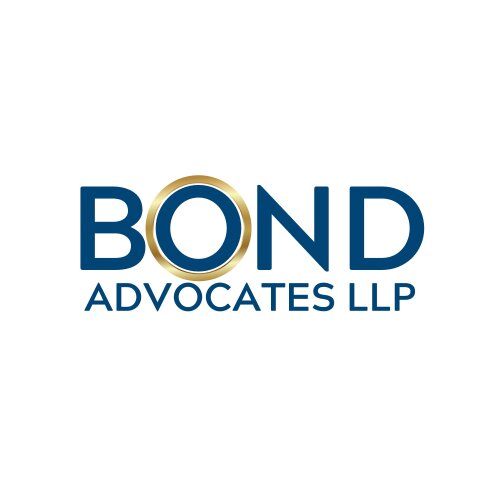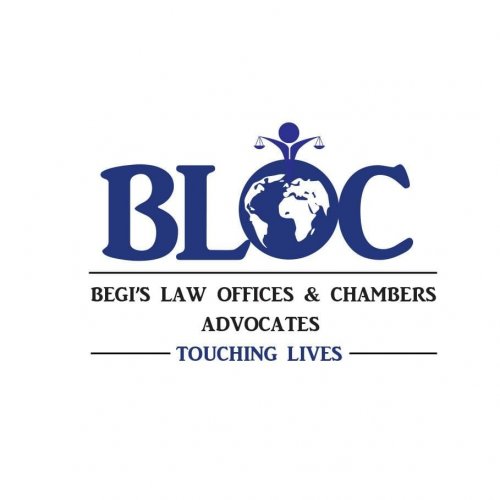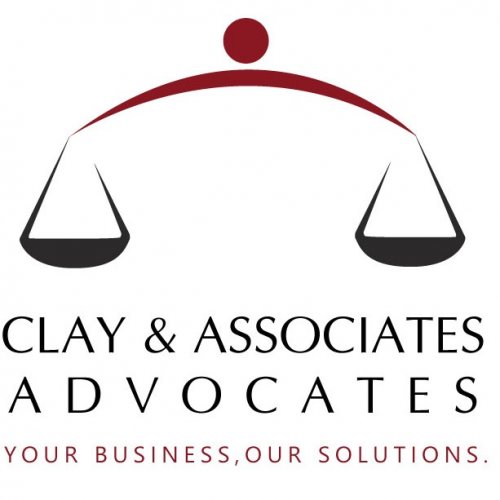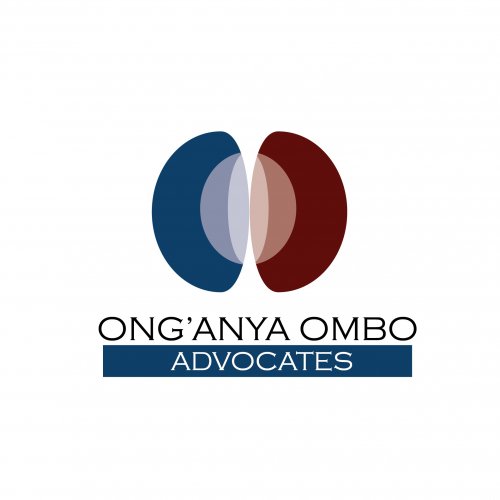Best Whistleblower & Qui Tam Lawyers in Kenya
Share your needs with us, get contacted by law firms.
Free. Takes 2 min.
Or refine your search by selecting a city:
List of the best lawyers in Kenya
About Whistleblower & Qui Tam Law in Kenya
In Kenya, whistleblower and qui tam laws are designed to protect individuals who report wrongdoing within organizations, particularly in matters involving government contracts or fraud against the state. These laws aim to encourage transparency and honesty by providing legal means for whistleblowers to come forward without fear of retaliation. While Kenya does not have specific qui tam provisions similar to those in the United States, its legal framework includes provisions for whistleblower protection under anti-corruption laws and related statutes.
Why You May Need a Lawyer
Seeking legal advice in whistleblower and qui tam cases is crucial for several reasons. Firstly, a lawyer can help you understand your rights and protections under the current legal framework in Kenya. If you're considering blowing the whistle on unlawful practices, legal counsel can provide essential guidance on how to file your claims properly and ensure you are protected from retaliation. Additionally, if your situation involves complex issues such as employment contracts or confidentiality agreements, legal advice can help you navigate these challenges effectively, ensuring your actions are within legal boundaries.
Local Laws Overview
Kenya's whistleblower protection is primarily governed by the Anti-Corruption and Economic Crimes Act and the Witness Protection Act. These laws provide a framework for handling reports of corruption and economic crimes, including provisions for protecting those who expose such actions. Under these acts, whistleblowers are granted protection from retaliation, which is crucial for encouraging more individuals to come forward. Additionally, the Ethics and Anti-Corruption Commission (EACC) acts as a body that investigates reports and oversees the enforcement of anti-corruption measures.
Frequently Asked Questions
What is whistleblower protection?
Whistleblower protection refers to the safeguards in place for individuals who report illegal or unethical activities within an organization. This protection aims to prevent retaliation against the whistleblower.
Do whistleblowers in Kenya have legal protection?
Yes, under the Anti-Corruption and Economic Crimes Act and the Witness Protection Act, whistleblowers in Kenya are offered protections against retaliation.
How can I report corruption in Kenya?
You can report corruption to the Ethics and Anti-Corruption Commission (EACC) anonymously or with your details. It is advisable to consult with a lawyer before making a report to ensure it is filed correctly.
What is qui tam?
Qui tam allows private individuals to file lawsuits on behalf of the government against entities accused of defrauding the government. While Kenya does not have formal qui tam laws, the concept is recognized within broader anti-corruption efforts.
What challenges do whistleblowers face in Kenya?
Challenges include potential retaliation, social ostracization, and legal complexities in providing evidence or navigating confidentiality agreements.
Can I be sued for whistleblowing?
While legal protections exist, there can be risks of litigation, especially if confidentiality agreements are breached. Legal advice is essential to mitigate such risks.
Is there any financial reward for whistleblowing in Kenya?
Unlike some other jurisdictions, Kenya does not currently offer financial rewards for whistleblowers.
Can a lawyer help if I face retaliation at work after whistleblowing?
Yes, a lawyer can help you understand your rights and pursue legal recourse if you face retaliation after whistleblowing.
What are the consequences for those involved in activities reported by whistleblowers?
If found guilty, individuals involved in unlawful activities reported by whistleblowers can face penalties, including fines and imprisonment, as prescribed under relevant laws.
How confidential is the whistleblowing process?
The whistleblowing process offers confidentiality, especially when reported to bodies like the EACC. Ensuring your report remains confidential is one reason to consult with a lawyer.
Additional Resources
For further assistance, you can reach out to the Ethics and Anti-Corruption Commission (EACC), the Law Society of Kenya, or organizations like Transparency International Kenya. These entities provide resources, guidance, and sometimes legal assistance to whistleblowers.
Next Steps
If you find yourself in need of legal assistance in a whistleblower or qui tam-related issue, start by consulting a lawyer who specializes in employment or anti-corruption law. Collect and document all relevant evidence pertaining to your case. It's also important to understand your rights and the procedures recommended by Kenyan law to ensure your protection and the proper handling of your case.
Lawzana helps you find the best lawyers and law firms in Kenya through a curated and pre-screened list of qualified legal professionals. Our platform offers rankings and detailed profiles of attorneys and law firms, allowing you to compare based on practice areas, including Whistleblower & Qui Tam, experience, and client feedback.
Each profile includes a description of the firm's areas of practice, client reviews, team members and partners, year of establishment, spoken languages, office locations, contact information, social media presence, and any published articles or resources. Most firms on our platform speak English and are experienced in both local and international legal matters.
Get a quote from top-rated law firms in Kenya — quickly, securely, and without unnecessary hassle.
Disclaimer:
The information provided on this page is for general informational purposes only and does not constitute legal advice. While we strive to ensure the accuracy and relevance of the content, legal information may change over time, and interpretations of the law can vary. You should always consult with a qualified legal professional for advice specific to your situation.
We disclaim all liability for actions taken or not taken based on the content of this page. If you believe any information is incorrect or outdated, please contact us, and we will review and update it where appropriate.
Browse whistleblower & qui tam law firms by city in Kenya
Refine your search by selecting a city.















